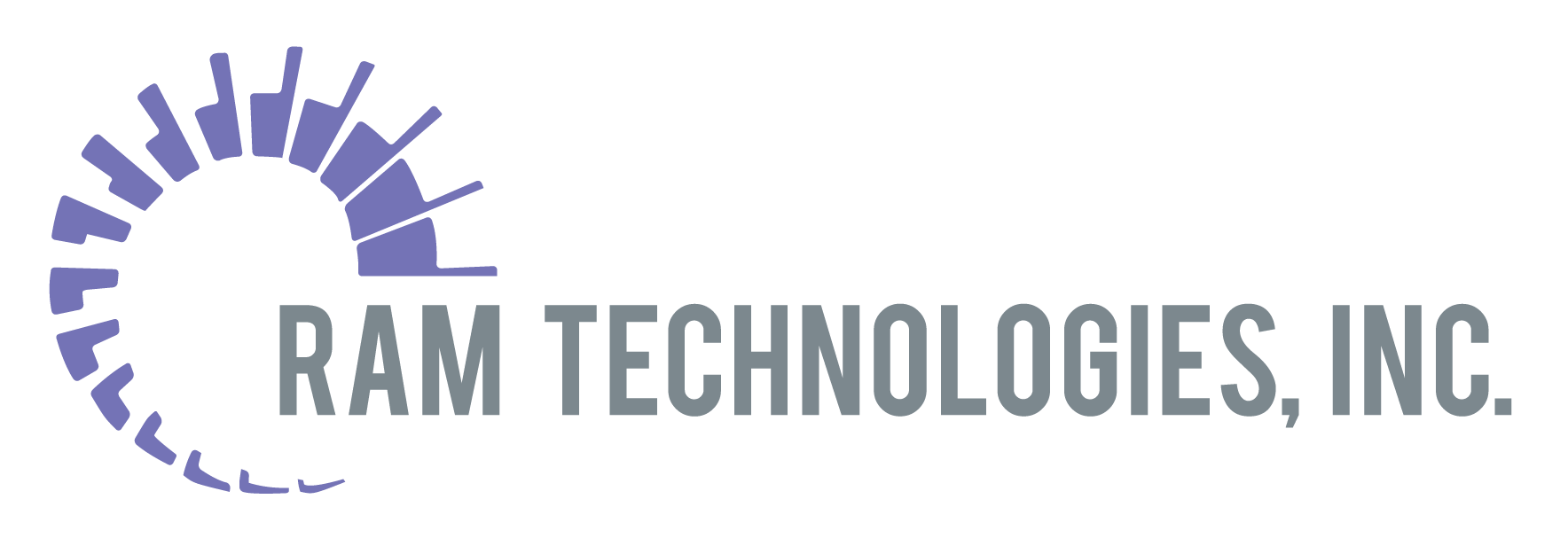CMS’ Center for Medicare & Medicaid Innovation is launching an updated oncology care model for Medicare designed to lower costs while improving outcomes and health equity. Participating Medicare Advantage plans may be able to leverage the model to enhance care for their members who need oncology care.
The new Enhancing Oncology Model replaces the Oncology Care Model, which ended June 30. It is a voluntary five-year program for oncology practices treating Medicare patients with breast cancer, chronic leukemia, lung cancer, lymphoma, multiple myeloma, prostate cancer, or small intestine/colorectal cancer. This is a change from the OCM, which covered all cancers.1
CMS is urging practices with underserved beneficiaries to apply. Participating practices must submit plans explaining how they will promote health equity, screen patients for health-related social needs and provide data on costs and use patterns among their patients to help identify disparities.2
In addition to addressing inequities, the model is designed to make care more proactive. To that end, practices will ask patients to routinely report their symptoms, and they are encouraged to interact with patients between appointments.2 Under the EOM, patients may receive enhanced services like:2
- 24/7 access to a clinician with access to patient medical records
- patient navigation services
- care plans that cover prognosis, treatments, symptom management, quality of life and psychosocial health needs.
Practices under the EOM will be accountable for both costs and performance of six-month “episodes of care” around chemotherapy treatments.1 They can also bill a Monthly Enhanced Oncology Services payment for each beneficiary if they provide enhanced services during an episode, although the amount has been lowered from $160 in the OCM to $70 in the EOM.
The EOM, which begins July 2023, is open to Medicare Advantage plans, private payers and state Medicaid agencies. Health plans have until Sept. 30 to apply.
Participating MA plans EOM will have a new avenue for offering more equitable, patient-focused care to the almost 15% of Medicare beneficiaries with a cancer diagnosis.3 Patients who receive holistic, accessible and equitable care are likely to be more engaged in their care journey, be more satisfied with their care and could enjoy better outcomes.
To stay up to date on the latest from RAM Technologies, follow us on LinkedIn
References
- Bassett, M. CMS announces successor to oncology care model. MedPage Today. June 28, 2022. https://www.medpagetoday.com/practicemanagement/reimbursement/99485
- Enhancing Oncology Model. CMS. June 27, 2022. https://www.cms.gov/newsroom/fact-sheets/enhancing-oncology-model
- Lam, M., Burke, L., Orav, J.E., Jha, A. Proportion of patients with cancer among high-cost Medicare beneficiaries: Who they are and what drives their spending. Healthcare. March 2018. https://pubmed.ncbi.nlm.nih.gov/29398469/#:~:text=Results%3A%20While%2014.8%25%20of%20all,%2Dhigh%2Dcost%20patients).

